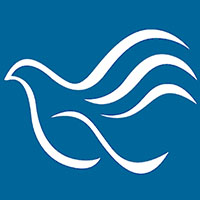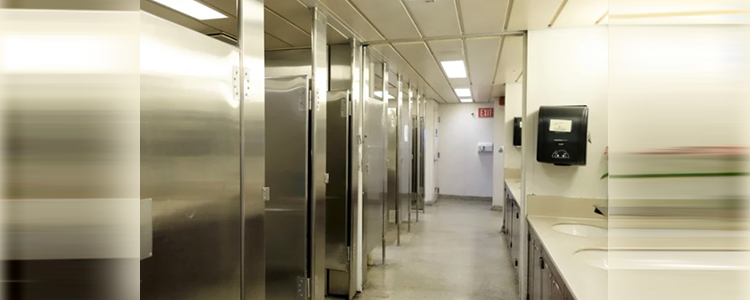Tuesday, May 22, 1 p.m., Online
— from Hilary Andrade for PeaceHealth —
This year alone, according to the American Stroke Association, nearly 800,000 people in the United States will experience a stroke. Knowing how to recognize the symptoms can make all the difference.
To promote awareness during National Stroke Month, PeaceHealth is hosting a free online webinar called “Making a Comeback: Five Surprising Lessons from Stroke Survivors.” It will be held from noon to 1 p.m., Tuesday, May 22.
During the webinar, participants will learn how to prevent and recognize a stroke and they’ll also get a unique look into the stroke rehabilitation process. The featured speakers will be Louise Jenkins, MSN and Joanie Peckels, lead stroke ambassador for PeaceHealth Southwest Medical Center in Vancouver, Washington.
In addition to being a stroke survivor, Jenkins helped open the certified stroke center at PeaceHealth Southwest, in 2004. Approximately 600 patients are treated there annually.
Peckels, who suffered a stroke in 1999 at the age of 34, and had two small children at the time, coordinates the PeaceHealth stroke support group with more than 200 regular participants.
When Jenkins had a stroke in 1995, research was limited and there were few treatment options. That has changed drastically, with the introduction of new medications and advances in medical procedures.
“Just in the last year, stroke has had a miraculous awakening when it comes to research and evidence-based practice,” she said. “We are able to provide emergency intervention from when the stroke starts, up to 24 hours in some cases. This is helping a lot more people have positive, long-term outcomes.”
In addition to the certified stroke center at PeaceHealth Southwest, a similar facility is operated at PeaceHealth Sacred Heart Medical Center at RiverBend, in Springfield, Oregon. The center, which opened in 2011, treats approximately 750 patients annually.
Jenkins and Peckels are passionate about educating PeaceHealth patients and the community about how to lower the risk of stroke, and learn the warning signs of a stroke, which include loss of balance or speech, trouble seeing, and weakness on one side of the face or arm.
Knowledge is key to prevention and recovery. Jenkins and Peckels are proof that life doesn’t have to come to a stop after a stroke.
“You can adapt, and still have a very full, productive, and happy life,” Jenkins said.
Learn more during the upcoming PeaceHealth webinar. To sign-up, visit www.peacehealth.org/stroke-
**If you are reading theOrcasonian for free, thank your fellow islanders. If you would like to support theOrcasonian CLICK HERE to set your modestly-priced, voluntary subscription. Otherwise, no worries; we’re happy to share with you.**








